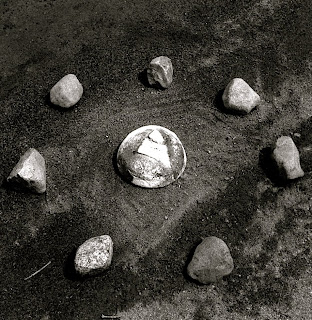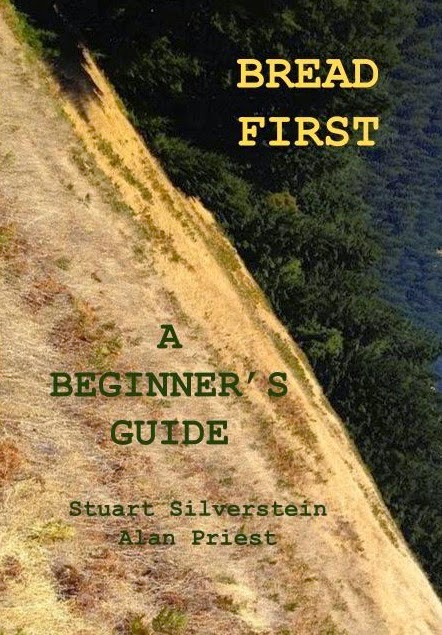Suppose you bake a loaf of bread at 350 degrees for 45 minutes, and it turns out fine. Now, what would happen if you baked a similar loaf at 375 degrees for 35 minutes? Would the results be identical? Or, what if you allowed one loaf to rise for one hour and the other for one hour and fifteen minutes? Do you think you'd detect a difference if one loaf was made with all purpose flour and another was made with bread flour? Now when you begin to add different sourdough starters to mix, who knows what will happen? Questions like these can drive a professional baker crazy because they are always striving for consistence of product. They seem to know what their clientele wants so there is little incentive to vary the mix. Now the professional might be making a very good loaf of bread, but you, the amateur, have the possibility of baking a truly
great loaf of bread, but probably you won't be able to do it every time. But why should you? Bread baking can be an amazing adventure if you're willing to always push the limits and explore areas you've never visited before.

For lots more information on bread and ovens, please visit my virtual
storefrontBreadhunter's
websiteBreadhunter's
videosAll about masonry
ovensKiko Denzer's earth oven
blog For lots more information on bread and ovens, please visit my virtual storefront
For lots more information on bread and ovens, please visit my virtual storefront For lots more information on bread and ovens, please visit my virtual storefront
For lots more information on bread and ovens, please visit my virtual storefront



No comments:
Post a Comment